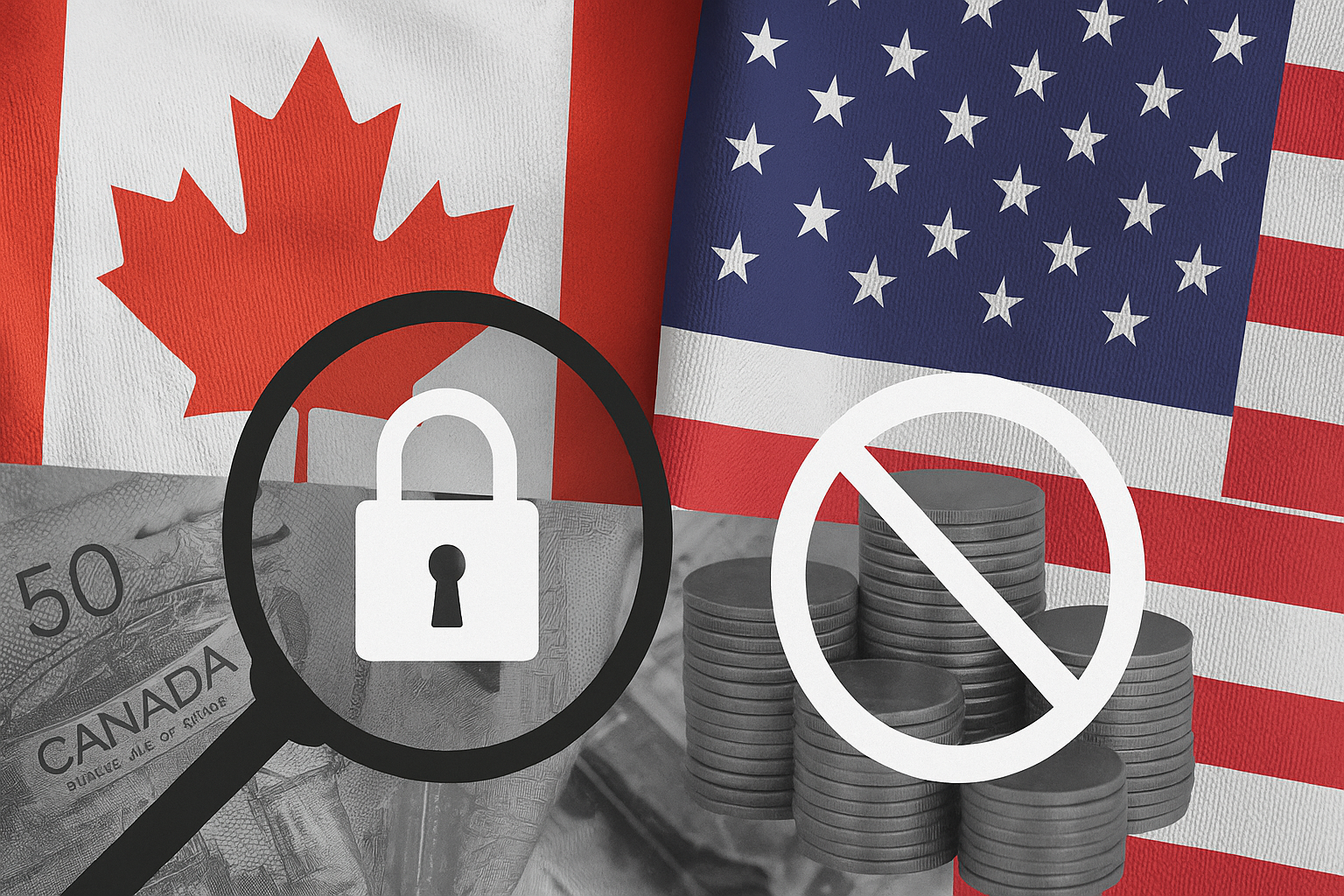Put down your poutine, finish your butter tart, and brush those timbit crumbs off your shirt. Canada’s spun up something brand new that may create more enthusiasm than the Blue Jays’ first World Series appearance in more than three decades.
In the Great White North, new developments are underway aimed at shaping expectations for a potential federal strategy to coordinate the fight against financial crime. And yet, already, we see an emerging and consistent criticism: Is it enough?
I want to return to that question later in this blog. First, let us explore what this might mean regionally. Is this the beginning of a real journey, setting out to manifest a significant outcome? Or will it be more bureaucracy and little tangible improvement, a case of too little too late?
Case in point: Canada’s set aside a mere C$2 million to initiate a tidal, country-wide policy change. That sum in American dollars wouldn’t even raise the eyebrow of a state senator, so how can it possibly create a safer, sounder fiduciary future for an entire nation? In 2024, Canadians lost more than C$600 million to fraud (almost certainly a fraction of the actual total). How can investing less than .3% of that total make any difference?
We must trust that this token budgetary award is used to intended to support research and planning for a larger investment once the new agency launches in the spring.
So, let’s just presume this coin is well spent on the coordination and development of a framework for emerging legislation that supports a new financial crimes agency jointly led by Canada’s Ministry of Justice and Ministry of Public Safety. Is that the right formula, or just more red tape? On its face, it’s got the correct engagement from the right parties needed modernize this space, if the UK and Australian method is pursued. And if we’re being honest, it’s overdue (more on that in a moment).
Right now, there’s a conspicuous amount of regulatory oversight missing around unauthorized transaction (among other) fraud types in Canada. Banks have been left to follow their own competitive policy playbooks for years. Case in point: economic abuse.
In the U.S., we’ve had regulatory requirements specifically covering elder abuse in place at both the state and federal levels for the last decade. Canada’s recent plan to develop a national anti-fraud strategy specifically calls out the need to address elder abuse — a long-overdue step toward protecting the nation’s most vulnerable citizens. Folding it into this effort means increased likelihood of passage of something more comprehensive, perhaps even a political Trojan horse for wider legislative reform.
The other element that stands out is the idea of a voluntary code. This approach isn’t new. Both the UK and Australia began with similar frameworks. In those countries, banks were initially allowed to set their own acceptance criteria, determining when they might share fraud reimbursement liability with their customers in certain instances. And this tends to setup more sustainable and reliable approaches that mature into something with teeth.
The broader Commonwealth, led by the UK, has since established itself as a leader in this space, recognizing that additional controls are essential to building a balanced system that effectively mitigates risk and manages exposure. The initial “policy and procedures” language in Canada’s proposal also includes notable references to consent-based account enablement — a topic our frequent contributor Ken Palla has explored in depth.
So, what does this mean for other countries in the region, particularly the U.S.?
Well, it suggests other regional players might feel some pressure for our governments to float similar strategies. The Federal Reserve recently invited banks and industry stakeholders to provide feedback on comparable approaches, including several elements also outlined in Canada’s initiative. This includes sharing of data and reporting to regulatory agencies to ensure proper oversight. As these frameworks evolve and gain momentum, we could see similar benefits to those realized in countries that have taken a more aggressive — and collaborative — stance against financial crime.
So, while there is certainly some anxiety around the uncertainty of a large and obscure legislative agenda, it’s reasonable to expect Canada to follow the playbook we’ve seen so successfully utilized elsewhere in the Commonwealth, and that in turn, Canada’s big brother to the south will be put on notice, as a greater and more coordinated culture of financial crime deterrence emerges, built on the costly lessons of past inaction.



